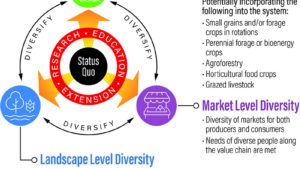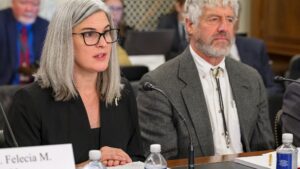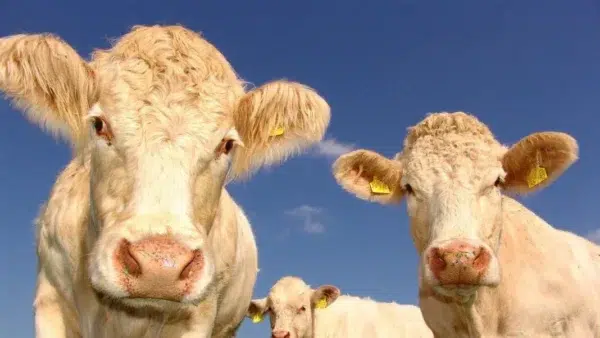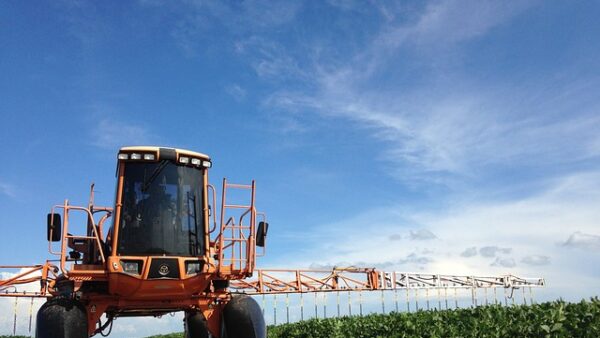Purdue President Advocates for Technology and Partnerships
Today, two-term Indiana governor and president of Purdue University Mitch Daniels welcomed the American Seed Trade Association and its members to Indianapolis, Indiana, for the association’s 131st Annual Convention.
In doing so, Daniels talked about the history of the seed industry in Indiana and the importance of agriculture and research and development to the state’s economy. As Purdue president, Daniels is focused on further developing the university’s research and development initiatives in the areas of engineering and plant sciences.
“We need to have some breakthrough research,” Daniels said. “We need to be as good as anybody in the world when it comes to drug discovery and plant science.”
That’s why Purdue is in the beginning stages of planning a center for molecular agriculture that will work in partnership with the private industry, such as seed companies.
Investments in fundamental research will allow us to develop the technology to customize plants to meet emerging needs locally and across the globe, he said. Relevant technologies are quickly developing and we are well placed to be the academic world leader in adapting this technology to plant sciences, Daniels added.
He quickly highlighted the concept for an automated field phenotyping laboratory, where billions of field measurements for detailed assessment of important traits, such as canopy development, leaf area index, height and photosynthetic ability, can be measured.
“All of this will be done in great partnerships with companies like yours,” Daniels said.
Before giving up the stage, Daniels took the time to stress the importance of technology to agriculture and feeding the world. Referring to individuals and groups who oppose technologies, such as genetically modified organisms, he said “It’s borderline superstitious.”
“One can search in vein in scientific literature for any hazard of GMOs and like technologies,” Daniels said. “So that’s pretty odd all by itself.”
He explained that the number “feeding 9 billion people by 2050” is not a projected number that might happen; it’s a mathematical certainty.
“This fear of technology and apprehension is not new,” Daniels said, noting that historically, those who have feared or resisted the adoption of technology in the workplace were left behind or out of a job. “But this is an inversion. We have wealthy people who fear this technology saying ‘if you can’t eat, that’s your problem.’ This is a moral argument and that high ground needs to be seized and taken. It’s bogus to try and alarm people with these fictional stories. Those who oppose GMOs should be labeled as cruel, heartless and immoral with their anti- stories.”
Daniels explained given today’s technologies that are currently in use and the technologies that are coming down the pipeline that there’s no reason why the seed industry and agriculture in general can’t meet the grand challenge of feeding 9 billion people by 2050.











